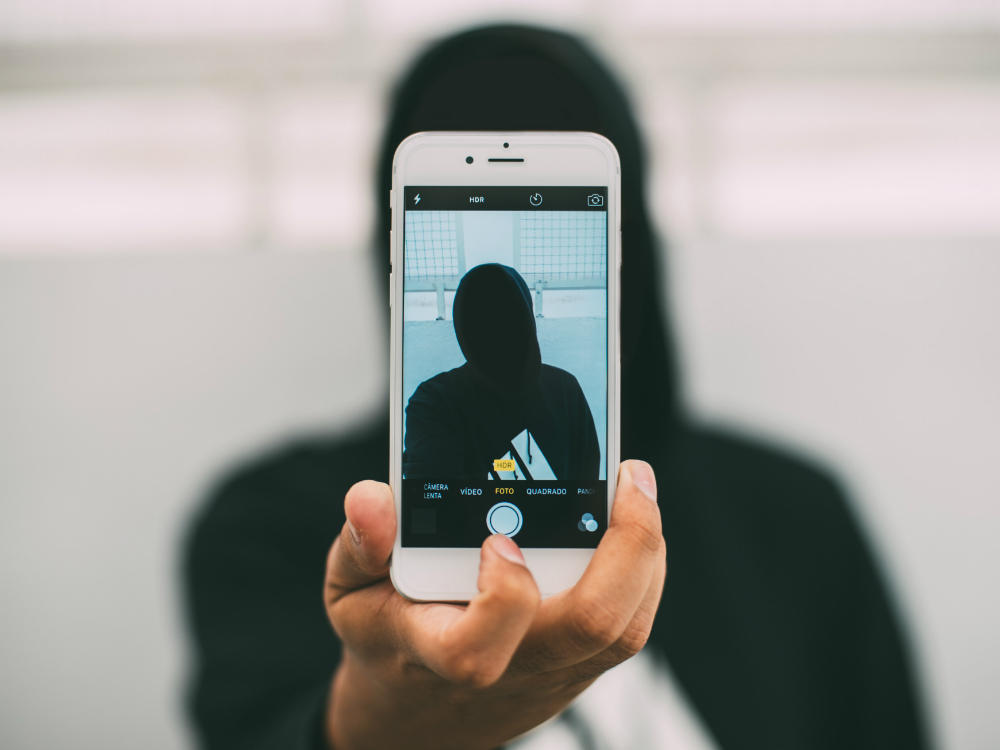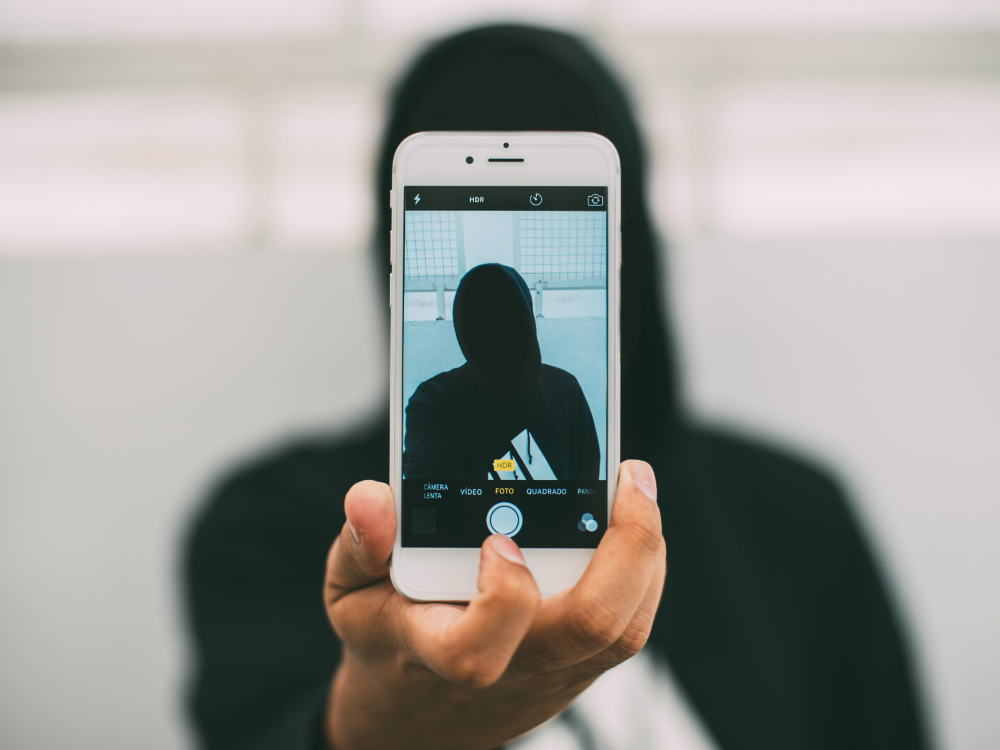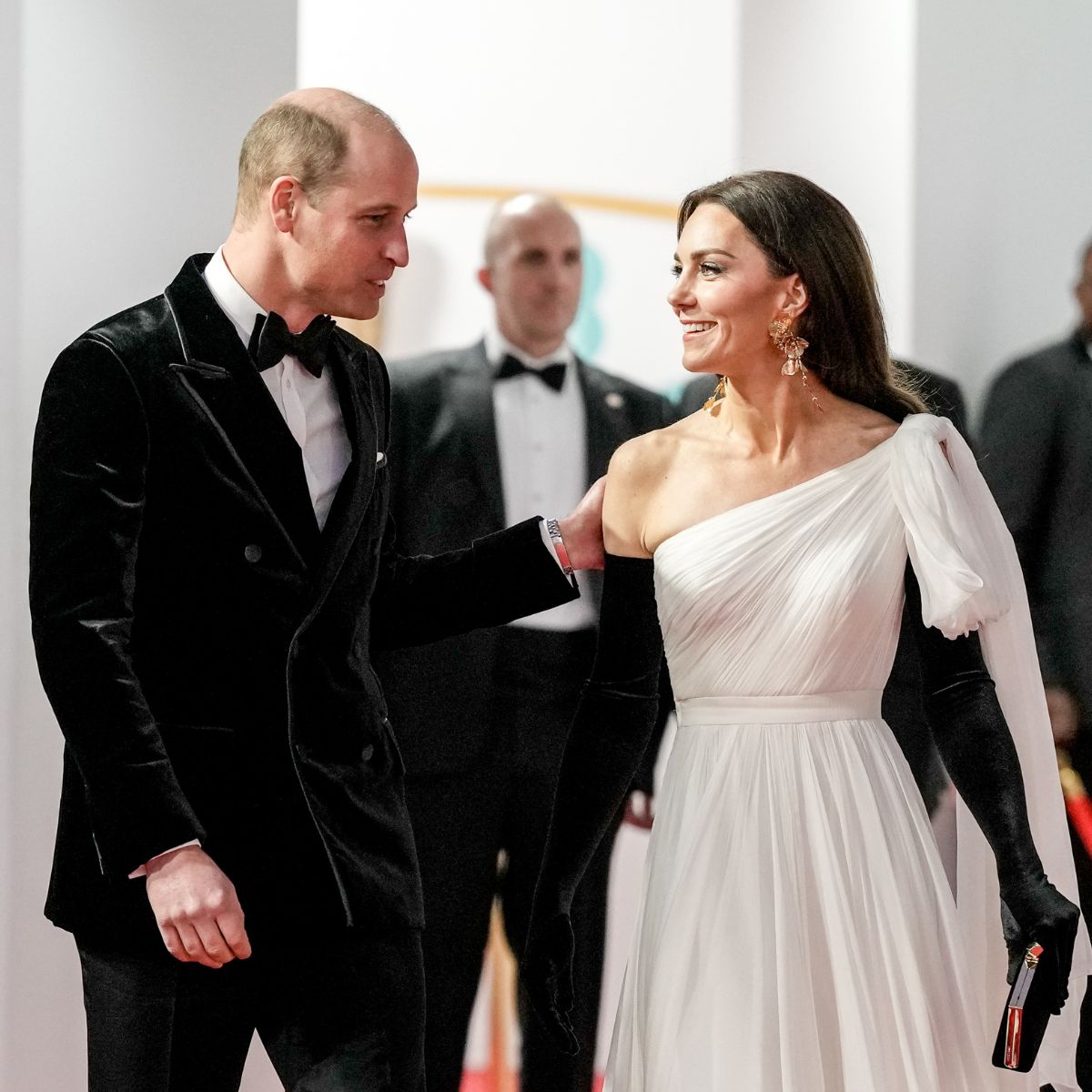Why you should think twice about dating someone who uses a selfie as their profile picture
And no, it has nothing to do with narcissism, vanity, or whether-or-not-they-insist-upon-using-the-flash-in-the-bathroom-mirror

And no, it has nothing to do with narcissism, vanity, or whether-or-not-they-insist-upon-using-the-flash-in-the-bathroom-mirror

You've been flicking through Tinder so much that your thumb has started to hurt, when you spot a guy grinning at the camera, arm outstretched. You pause - sure, he's taking a selfie, but everyone's done that. And you're done with dating 'cool' guys anyway. At least this one looks, well, normal.
But new research reckons you should stop right there. Because a company responsible for protecting the UK’s top dating sites from romance scammers has discovered a dramatic increase in the number of selfies used on fake profiles.
Working behind the scenes for most of the main online dating sites, every month Scamalytics identifies over a quarter of a million fake profiles and prevents romance scammers from accessing the dating sites in its network. Once a scammer is identified (either by their IP address, email address, or from the content of their profile), the data is shared between all the dating sites in the Scamalytics network. The software prevents these fake profiles from ever appearing on any of the dating sites, and therefore stops scammers from being able to contact daters.
In the process of stopping the scammers from accessing their network of sites, Scamalytics have created a library of fake profiles. This ever-growing library is then used to identify other fake profiles, which have been created using the same details.
But in the course of all that research, the company has now noticed a growing number of selfies appearing in fake dating profiles. In the last year, over 65% of the fake profiles identified by Scamalytics have used selfies.
Charly Lester, a dating industry expert and founder of the UK Dating Awards, believes that this rise in self-taken photos is because people see selfies and automatically assume that they are genuine. “While it is obviously hard to ‘fake’ a selfie, it is increasingly easy to steal selfies from social media. Twitter and Instagram are full of selfies of celebrities and normal people, which can be very easily copied, and then added to fake profiles.”
Marie Claire Newsletter
Celebrity news, beauty, fashion advice, and fascinating features, delivered straight to your inbox!
“It’s really important, if you are online dating, that you are aware that people might not be who they say they are. Even if someone has multiple selfies on their profile, all of the same person, the photos could have been stolen from someone else’s Twitter or Instagram. And if you are someone who uses social media a lot, be careful what you post online, and who has access to it. “
Scamalytics offer the following advice to individuals worried someone online may not be who he or she says you are.
1) Use Google images to check if their photo has been taken from someone else’s social media.
2) Carefully check their online dating profile to make sure any physical descriptions on the profile match the photos.
3) Ask conversational questions which require local knowledge. If someone has a story to explain why they can’t answer facts about local bars, restaurants or sports teams, be careful.
4) Put sections of the dating profile into quotes and search for it on Google. Scammers often use the same sentences in fake profiles.
5) Apply caution if someone tries to get you onto a different messaging service quickly. Scammers will try to move the chat away from the dating site, where the conversation can be monitored.
6) Be wary if someone says they're an engineer, oil worker or in the military, and uses this as excuse why they can’t meet up in person.
7) Never give money to anyone you meet online, no matter how convincing they seem.
The leading destination for fashion, beauty, shopping and finger-on-the-pulse views on the latest issues. Marie Claire's travel content helps you delight in discovering new destinations around the globe, offering a unique – and sometimes unchartered – travel experience. From new hotel openings to the destinations tipped to take over our travel calendars, this iconic name has it covered.


